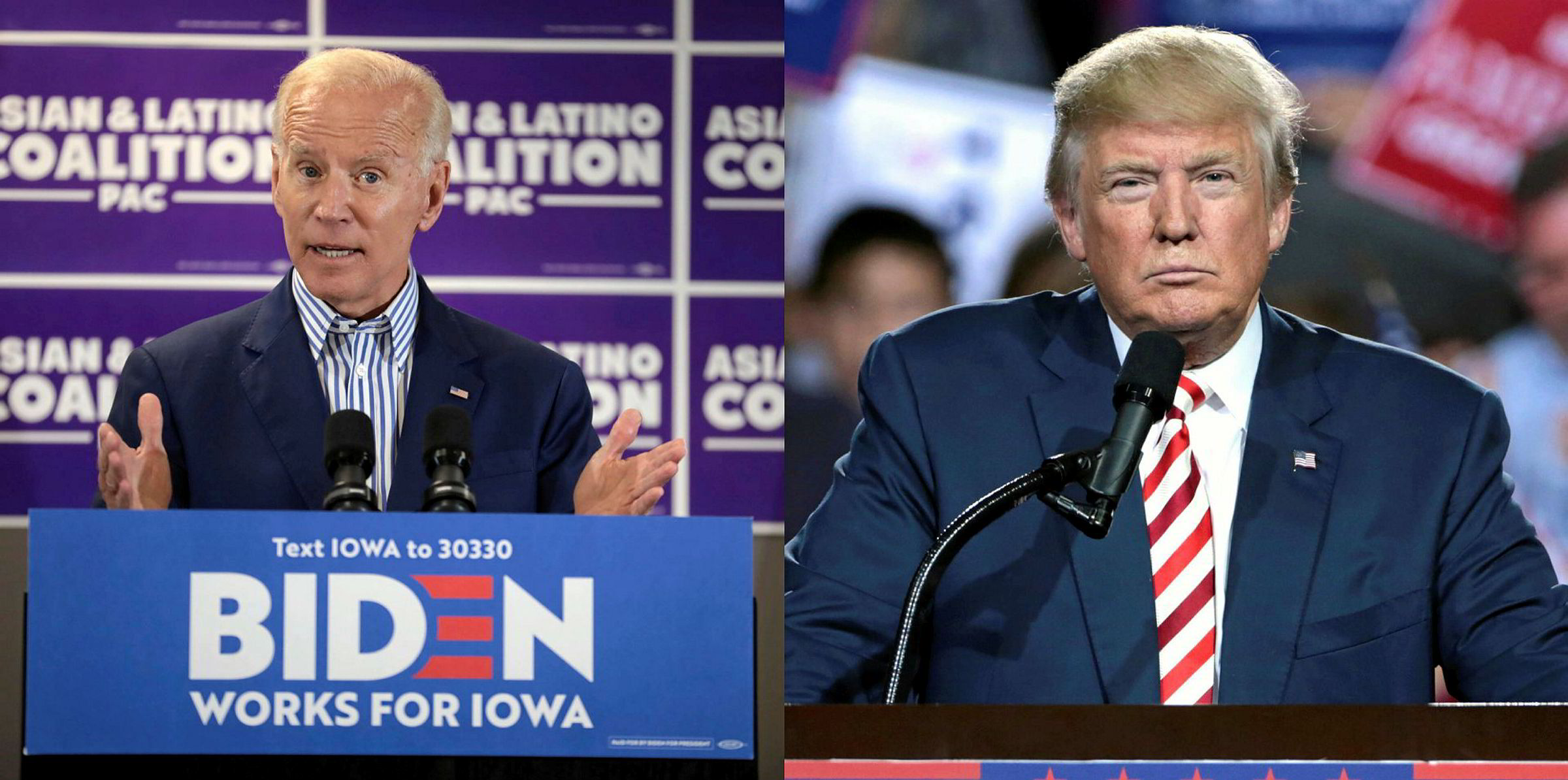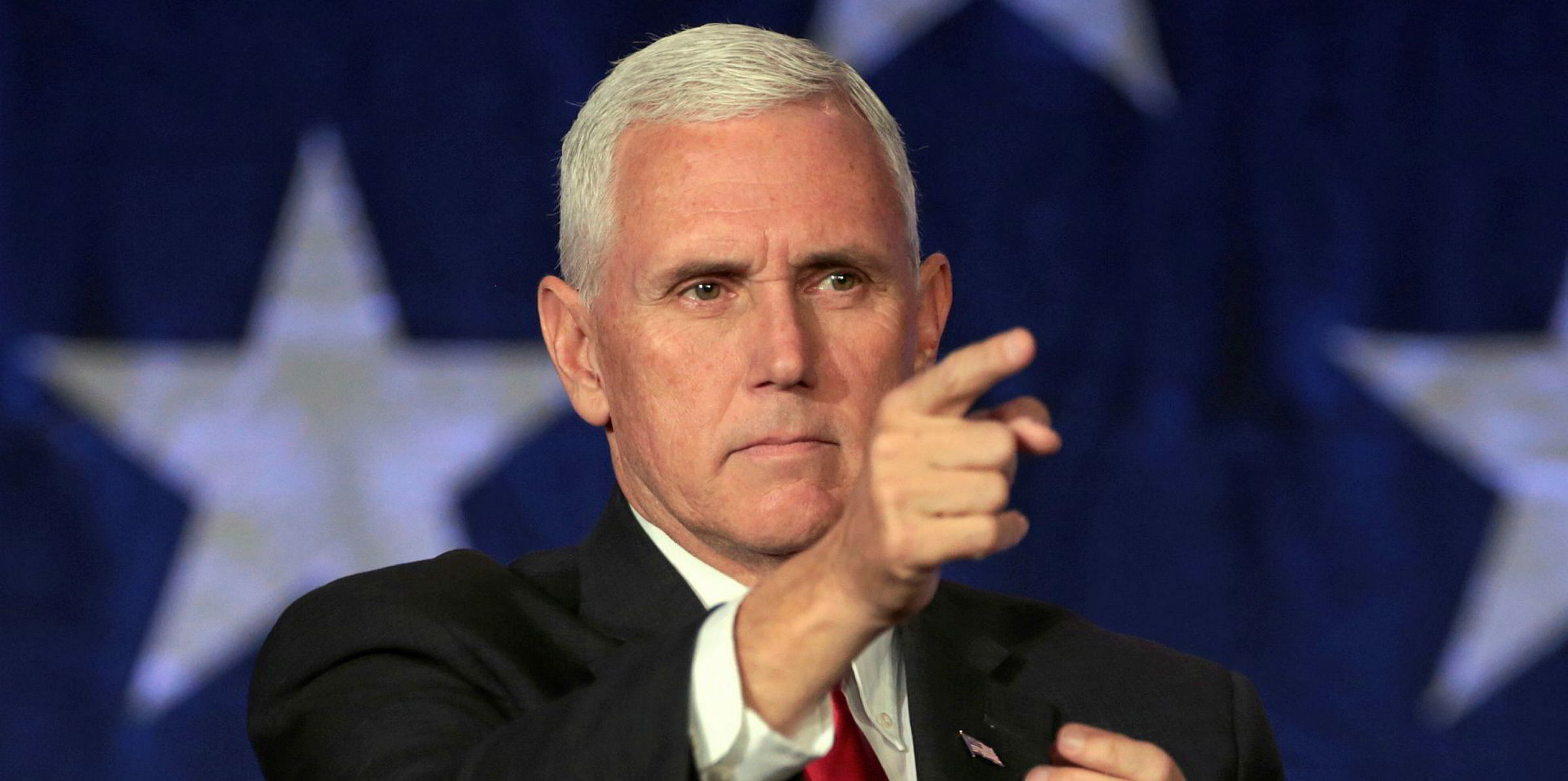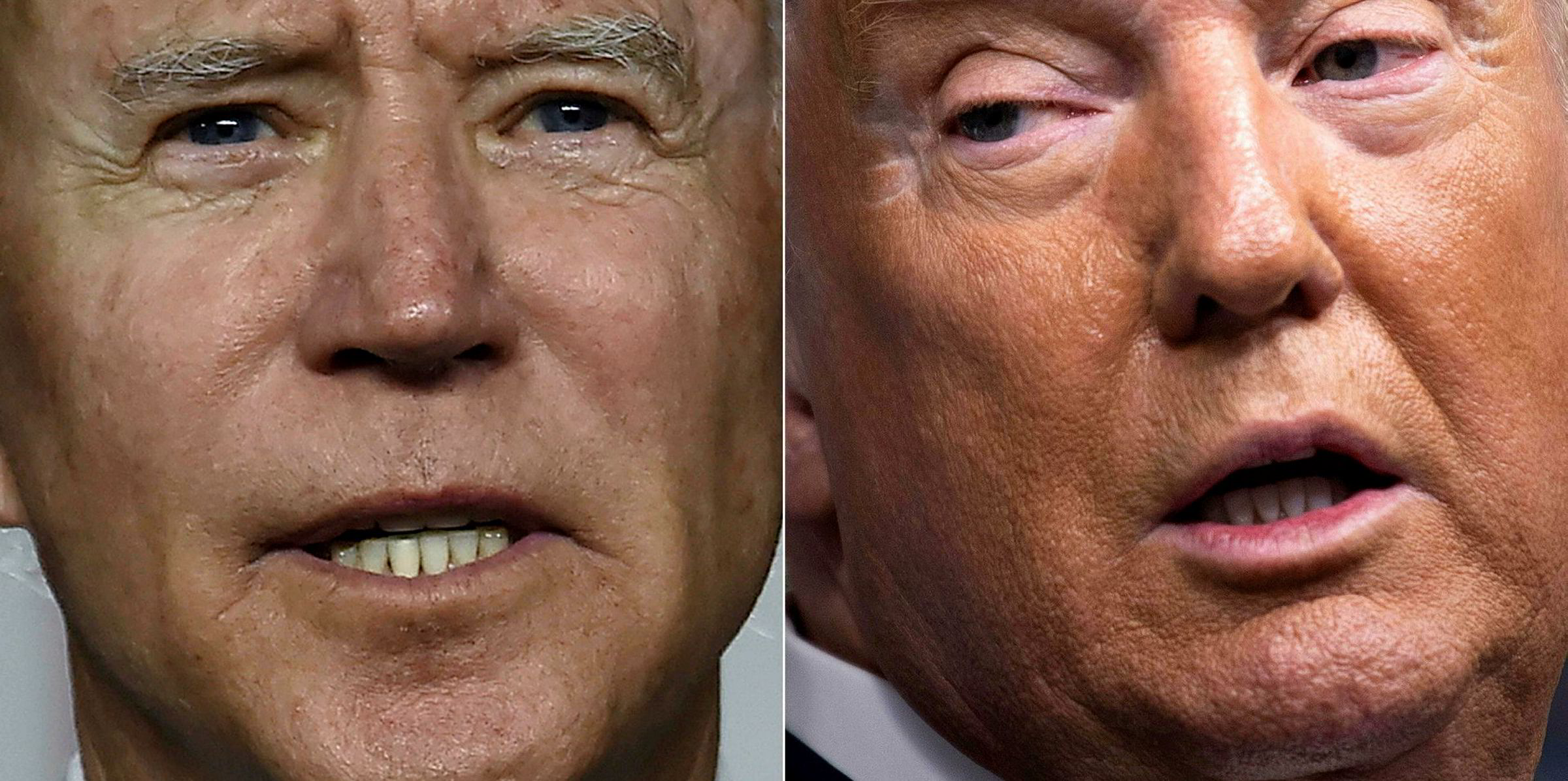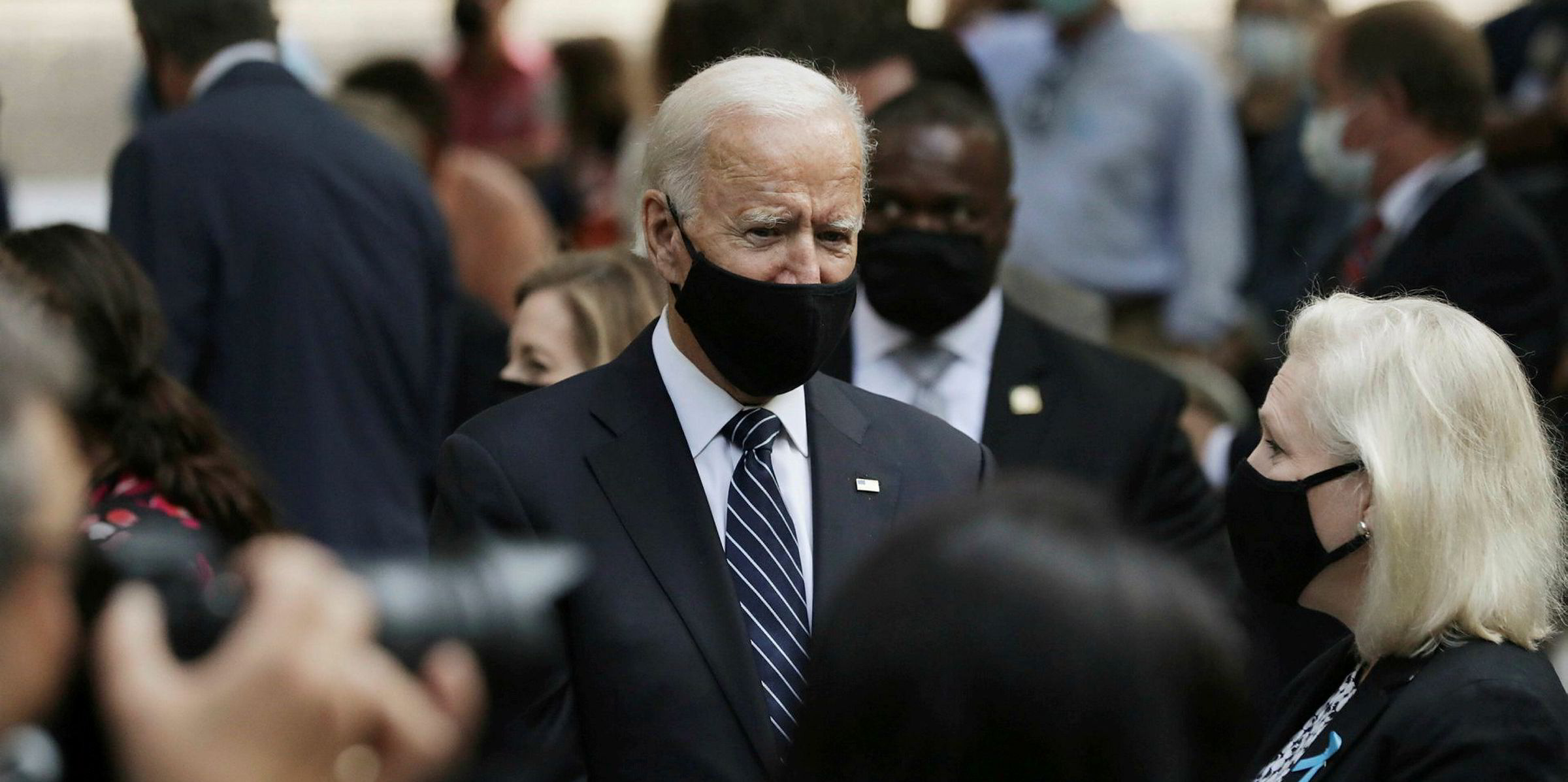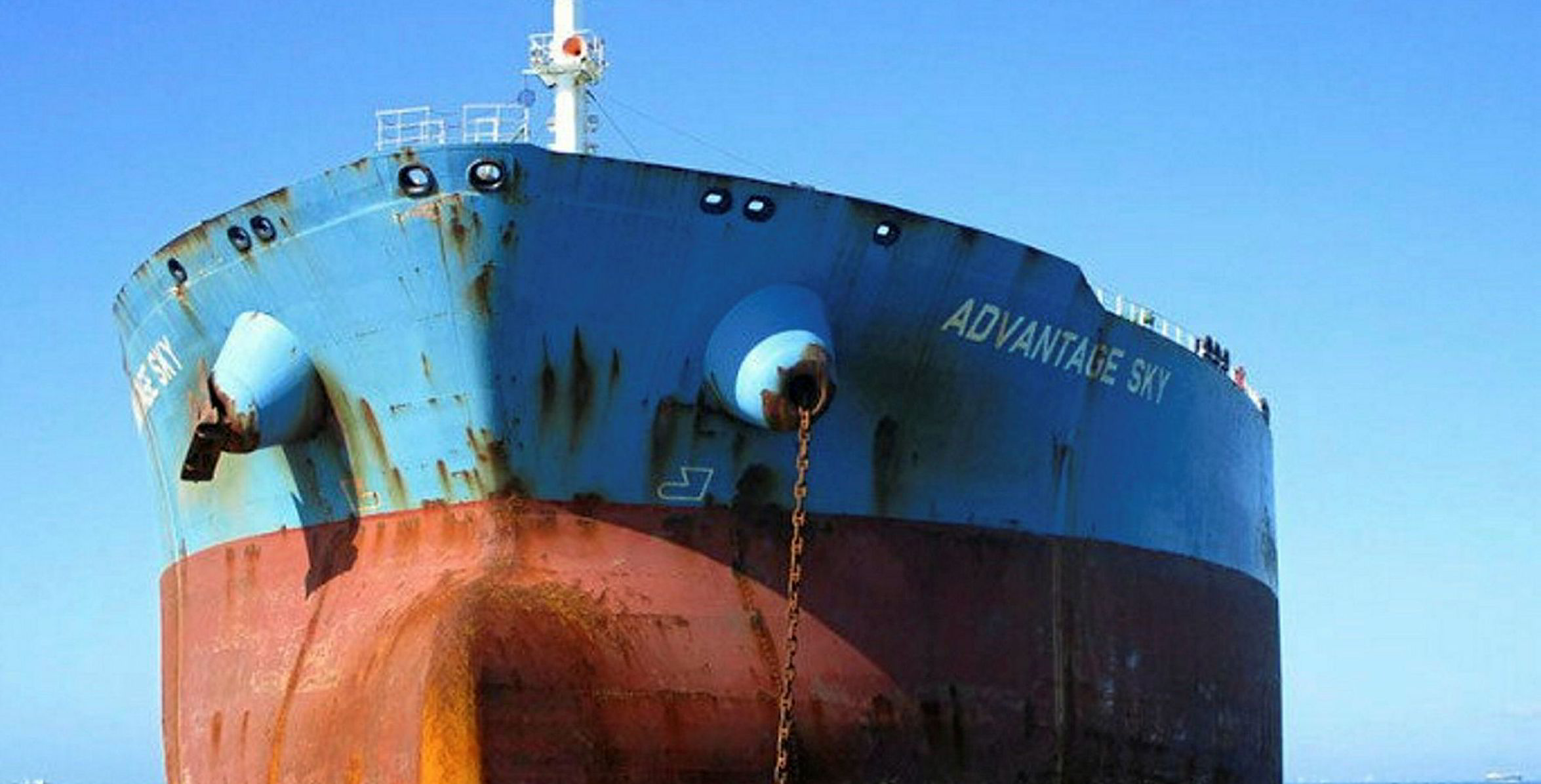Neither US presidential candidate seems to have much to say when it comes to shipping.
With plenty of other issues facing the country in this election cycle, it appears that the Jones Act, health of the US flag or anything else to do with moving goods by water have simply not been factored into the campaigns of Republican incumbent Donald Trump or Democratic challenger Joe Biden.
Maritime policy is so low profile that it is almost non-existent for the candidates ahead of the election on 3 November.
"You can't expect maritime policy to rise to a level [where] the national candidates are going to talk about it," said Charlie Papavizas of Winston & Strawn, whose practice touches on US shipping regulations.
Biden makes a single mention of the Jones Act on his campaign website, pitching the former Delaware senator and vice president as a "strong advocate" of the cabotage law and promising that cargo shipped between US ports would be carried on US-owned and flagged ships — as the act requires.
Elsewhere, Biden pledges to reduce carbon emissions in both shipping and aviation.
But there is not much else from Biden, or the Democratic Party, which addressed shipping in its platform.
Covid complications
On the Republican side, things are slightly more complicated.
The party opted to renew its 2016 platform in lieu of adopting a new one, citing a significantly scaled back convention due to the Covid-19 pandemic.
In that document, Republicans floated the idea of exempting US territories from the Jones Act, arguing that it increased the cost of living for residents, echoing criticism from the law's opponents.

However, during his first term, Trump only granted a limited Jones Act waiver to Puerto Rico after Hurricane Maria decimated the island.
He was reportedly "leaning toward" a waiver for LNG carriers heading to the north-eastern states and Puerto Rico, and the oil industry was said to be considering lobbying him for a waiver for tankers when the oil price collapsed in the spring. Neither materialised.
Instead, earlier this month, the White House released a brief report entitled Buy American, Hire American, which considered Trump's support for US industry across five sectors.
'Proof is in the pudding'
The Jones Act section blasted China, South Korea and Japan for their shipbuilding subsidies while trumpeting the 15 new US-flag ships built during Trump's time in office.
It also criticised former president Barack Obama and Biden for declines in the US-flag fleet.
"The Trump-Pence administration’s strict enforcement of the Jones Act and strong commitment to US shipyards is helping to turn these downward trends around," the report read.
For Papavizas, maritime policy does not have to be the top priority for material changes to occur, but “it just has to be a priority”.
He described Trump's term as largely disappointing, with little movement on a proposed Tanker Security Program, to boost US-flag tankers by providing military cargoes, or an executive order enforcing laws that US government cargoes be carried on US-flag ships.
A Biden presidency, meanwhile, gives Papavizas some hope that there could be movement on those policies and others, such as support for the offshore wind industry.
First, Biden would need to get elected — although both polls and betting markets suggest a Biden victory is in the offing.
"Of course, the proof is in the pudding," Papavizas said. "We don't even know if he's going to be elected and we don't know what kind of Congress he'll have."
